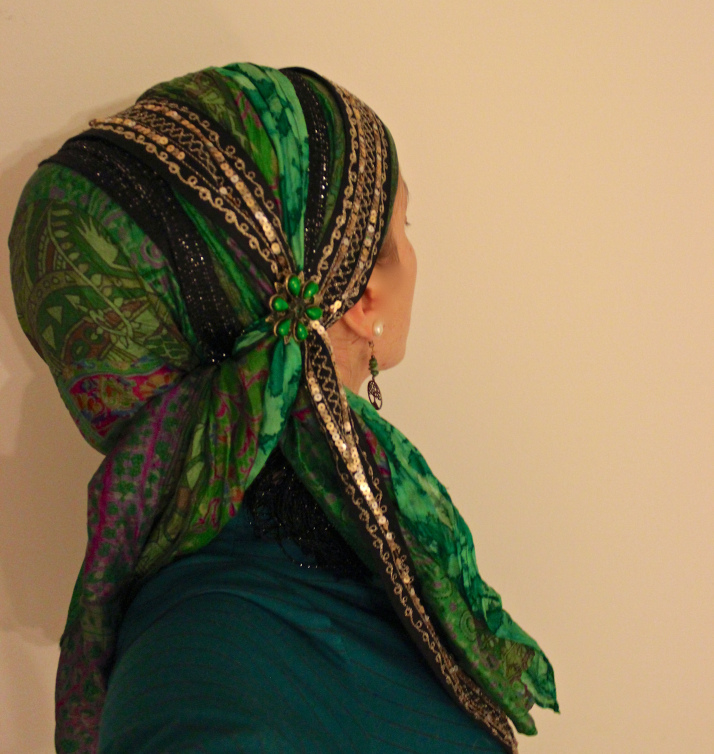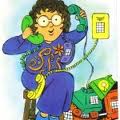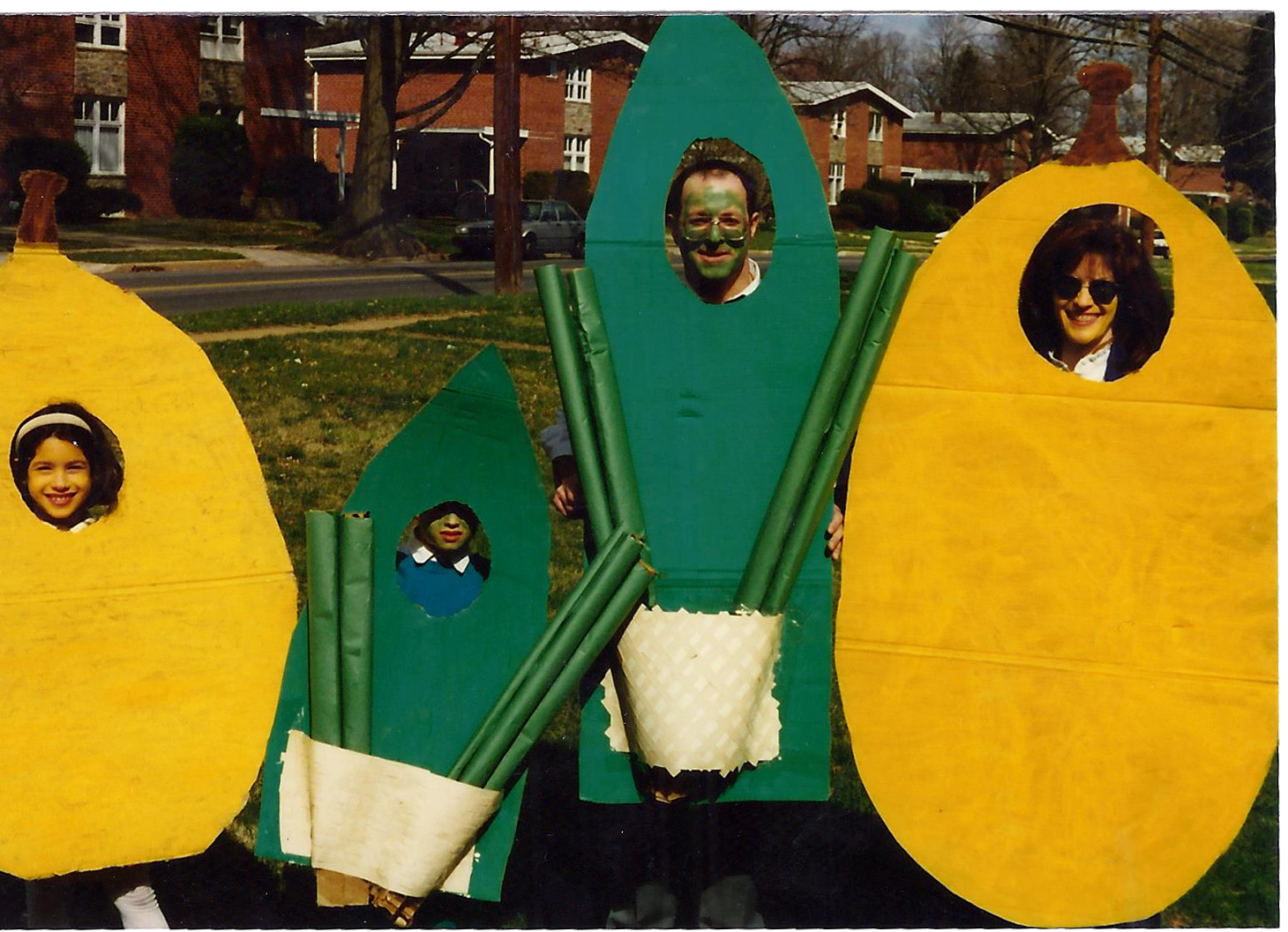Laydig-gayers and Flahgmats (Loafers and Procrastinators)

If you know the meanings of laydig-gayer and flahgmat, you earn 50 Yiddishist points – unless you peeked at the translation. (It’s hard not to, when it’s in the title!)
A laydig-gayer is someone who has either retired or who simply has nothing to do except twiddle his thumbs forward and then backwards. A flahgmat, on the other hand, is someone dedicated to taking his (or her) good old time.
So what does being a laydig-gayer have to do with us Yidden? you may ask. After all, there are nochrim (non-Jews) who perceive us as rich aggressive folks. But the truth is that we do have laydig-gayers and flahgmats among Bnai Yisrael (the Jewish people) – and I can prove it!














